Segment
Type of investment
Product Development
The product development segment consists of biotech and pharma companies advancing products or technologies to proof-of-concept, clinical or otherwise, and towards marketing approval. These companies have a massive valuation uplift potential and a clear pathway to success. Flerie encourages partnering, licensing and expansion of the investor base to provide resources or opportunities. Flerie remains engaged to the appropriate endpoint, which could include the company entering commercial growth.
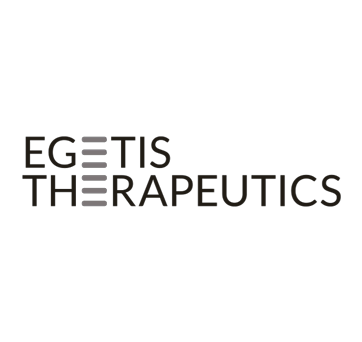
Egetis Therapeutics
Egetis Therapeutics (Egetis) is a publicly listed Swedish company, formed by the merger of PledPharma and Rare Thyroid Therapeutics in 2020. It is a dedicated orphan drug development company with two late-stage orphan drug assets: Emcitate® for treatment of MCT8 deficiency and and Aladote® for prevention of acute liver injury caused by paracetamol poisoning. Egetis submitted a marketing authorisation application (MAA) for Emcitate to the European Medicines Agency (EMA) in 2023 based on existing clinical data and intends to submit a new drug application (NDA) in the US following the read-out of the ongoing registrational ReTRIAC trial.
Sweden
Nicklas Westerholm
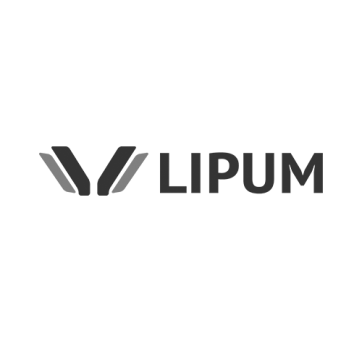
Lipum
Lipum is a publicly listed Swedish clinical stage drug development company. Its biological anti-inflammatory drug candidate SOL-116 has a novel mechanism of action targeting the BSSL protein (originally found in breast milk). Their initial focus is on the treatment of rheumatoid arthritis, but they are in parallel exploring additional inflammatory diseases with a high unmet medical need such as juvenile idiopathic arthritis and inflammatory bowel disease. Lipum is evaluating SOL-116 in a clinical phase I study in healthy volunteers and patients with rheumatoid arthritis.
Sweden
Einar Pontén

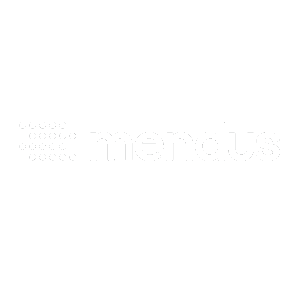
Mendus
Mendus is dedicated to changing the course of cancer treatment by addressing tumor recurrence and improving survival outcomes for cancer patients, while preserving quality of life. They are leveraging their unparalleled expertise in allogeneic dendritic cell biology to develop an advanced clinical pipeline of novel, off-the-shelf, cell-based immunotherapies which combine clinical efficacy with a benign safety profile. Their lead programme vididencel has delivered positive survival data in acute myeloid leukemia, providing the basis for a Phase II combination trial with standard of care (oral azacitidine) and preparing vididencel for late-stage clinical development, including a large-scale manufacturing alliance with NorthX Biologicals. Mendus has additional clinical programs in solid tumors. Based in Sweden and The Netherlands, Mendus is publicly traded on the Nasdaq Stockholm under the ticker IMMU.ST.
Sweden
Erik Manting
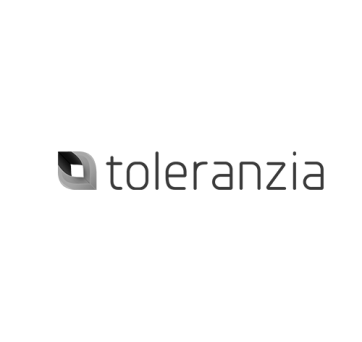
Toleranzia
Toleranzia is a publicly listed Swedish drug development company aiming to restore the immune system’s normal ability to tolerate the endogenous substances that are mistakenly targeted in patients suffering from severe autoimmune diseases. The Company’s tolerogens have the potential to be the first long-acting or curative therapies that act specifically on the underlying cause of the autoimmune disease for which they are developed. Toleranzia's primary drug candidate, TOL2, is being developed as a treatment for the autoimmune orphan disease myasthenia gravis, which is a chronic and progressive disease that causes gradually increasing muscle weakness. The second drug candidate, TOL3, is being developed as a treatment for the autoimmune orphan disease ANCA vasculitis, which is a chronic and progressive disease that causes blood vessel inflammation and damage to blood vessel walls. The company is currently in the process of scaling up the production of TOL2 in collaboration with their manufacturing partner in preparation for their upcoming phase I/IIa clinical trial in myasthenia gravis patients.
Sweden
Charlotte Fribert
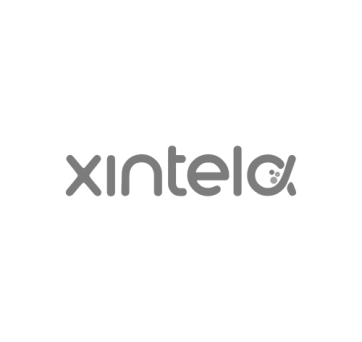
Xintela
Xintela is a publicly listed Swedish biopharma company developing allogeneic stem cell-based treatments focusing on osteoarthritis and difficult-to-heal leg ulcers and, through its wholly owned subsidiary Targinta, targeted antibody-based treatments for aggressive cancer. Xintela's programmes are based on a unique cell marker technology platform, utilising the cell surface molecule integrin α10β1. The lead programme, investigating the stem cell product XSTEM in knee osteoarthritis, started a clinical phase I/IIa study in Australia in April 2022. The second programme, in difficult-to-heal venous leg ulcers was initiated in September 2022, with a clinical phase I/IIa study in Sweden. XSTEM is manufactured in Xintela’s own GMP facility. Targinta is in preclinical stage with two antibody leads candidates; the antibody-drug conjugate (ADC) TARG9 and the function/blocking antibody TARG10, targeting integrin α10β1 in triple-negative breast cancer and the brain cancer glioblastoma. The next step is to validate the target and treatment concept in an innovative 'Clinical phase 0 study' in cancer patients.
Sweden
Evy Lundgren


Xspray Pharma
Xspray Pharma is a Swedish publicly listed pharmaceutical company developing improved protein kinase inhibitors (PKIs) for the treatment of cancer using an innovative technology platform. PKIs are the second largest group of drugs in oncology, whereby drug prices are high. Xspray use their innovative, patented RightSize™ technology to develop improved stable amorphous versions of marketed drugs. This allows them to gain entry as the first competitor to today’s original drugs before the secondary patents expire. The current pipeline includes improved versions of three blockbuster cancer drugs Sprycel®, Tasigna® and Inlyta® plus an undisclosed pipeline. Their lead candidate Dasynoc (XS004) has achieved bioequivalence with a 30 percent lower dose compared to the original drug, Sprycel®, and is unaffected by the pH value of the stomach. Therefore this improved version can thus be used together with omeprazole without affecting the absorption of dasatinib, which facilitates treatment of peptic ulcers while the patient is being treated for cancer. There is an ongoing litigation process with Bristol Myers Squibb relating to the IND submission of Dasynoc with the FDA, which was completely expected by the company.
Sweden
Per Andersson
Commercial Growth
The commercial growth segment consists of companies that are already selling products or services and showcasing proof-of-concept with high growth and potential to reach profitability in the near term. These companies are generally derisked in terms of technical and product development risks, but often require larger investments and generate lower multiples.
Flerie supports expansion through organic growth and M&A opportunities. Flerie will retain the investment as long as it creates value.
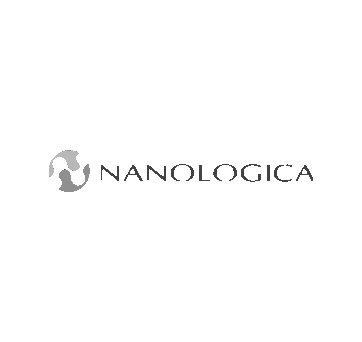

Nanologica
Nanologica is a publicly listed Swedish nanotechnology company developing nanoporous silica particles for preparative chromatography, a type of purification technique. The company’s silica media NLAB Saga® can reduce the production cost for drug manufacturers significantly, given its optimised combination of pore volume and high available surface area, in addition to its exceptional mechanical and chemical stability. This ultimately decreases the number of purification cycles needed in the manufacturing process in addition to decreasing total silica consumption. It is ideal for the purification of peptides such as insulin, insulin analogues and GLP-1 analogues (a rapidly growing new drug class). The company has a production facility in the United Kingdom and has recently received several orders for NLAB Saga® from major customers in Asia, the US, and Latin-America.
Sweden
Andreas Bhagwani